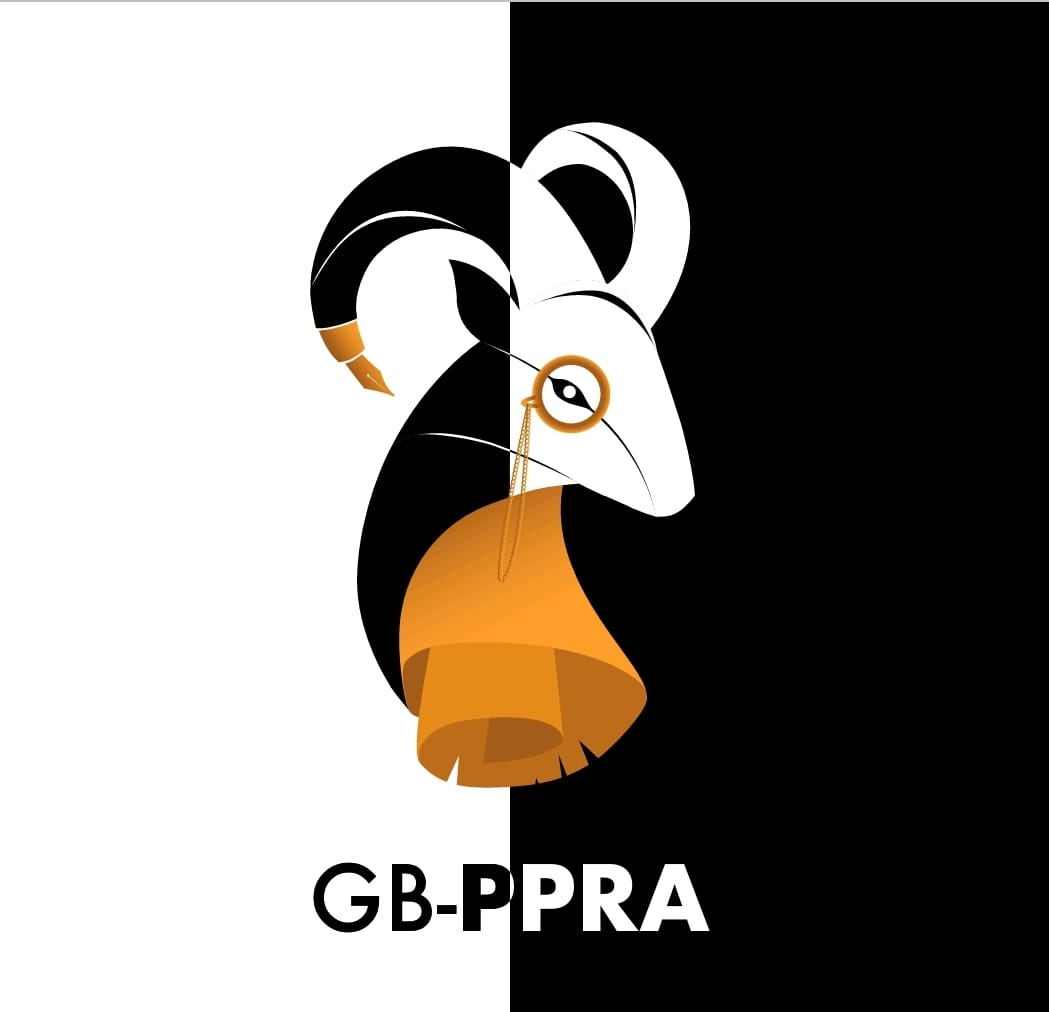Public Procurement Checklist
Welcome to our comprehensive Public Procurement Checklist, designed to guide you through the essential steps of the procurement process. Whether you're a government entity or a prospective supplier, this checklist will help ensure a smooth and transparent procurement journey. Follow these key points to enhance your procurement practices and contribute to a fair and competitive environment.
- Define Procurement Needs:
Clearly identify and define the goods, services, or works your organization requires. Establish specifications, quantities, and any other relevant details to facilitate precise procurement planning. - Budgeting and Funding:
Allocate the necessary budget for the procurement, considering all associated costs. Ensure funding availability and compliance with financial regulations. - Procurement Planning:
Develop a comprehensive procurement plan that outlines the entire process. Include timelines, evaluation criteria, and any specific regulations that need to be followed. - Market Research:
Conduct thorough market research to identify potential suppliers, assess market conditions, and gather information on pricing and product/service availability. - Legal Compliance:
Familiarize yourself with relevant procurement laws, regulations, and guidelines. Ensure that your procurement process adheres to legal requirements and industry standards. - Prepare Tender Documents:
Create clear and detailed tender documents, including terms, conditions, specifications, and evaluation criteria. Provide suppliers with all necessary information to submit competitive bids. - Announce and Advertise:
Publicize your procurement opportunity through appropriate channels. Advertise in accordance with regulations, ensuring broad and fair access for potential suppliers. - Bid Submission:
Establish a transparent and secure process for receiving bids. Clearly communicate the submission deadline and method, and ensure fairness in handling all bid documents. - Bid Evaluation:
Form an evaluation committee to assess bids based on predefined criteria. Maintain objectivity, transparency, and fairness throughout the evaluation process. - Contract Award:
Communicate the contract award decision promptly and transparently. Provide feedback to unsuccessful bidders and ensure all necessary documentation is completed. - Contract Management:
Establish effective contract management procedures. Monitor supplier performance, ensure contract compliance, and address any issues promptly. - Record Keeping:
Maintain thorough and accurate records of the entire procurement process. This documentation is essential for transparency, audits, and continuous improvement.
By following this Public Procurement Checklist, you contribute to the integrity and effectiveness of the procurement process, fostering a culture of accountability and fairness. Your commitment to these best practices enhances the overall efficiency and reputation of public procurement in your organization.
